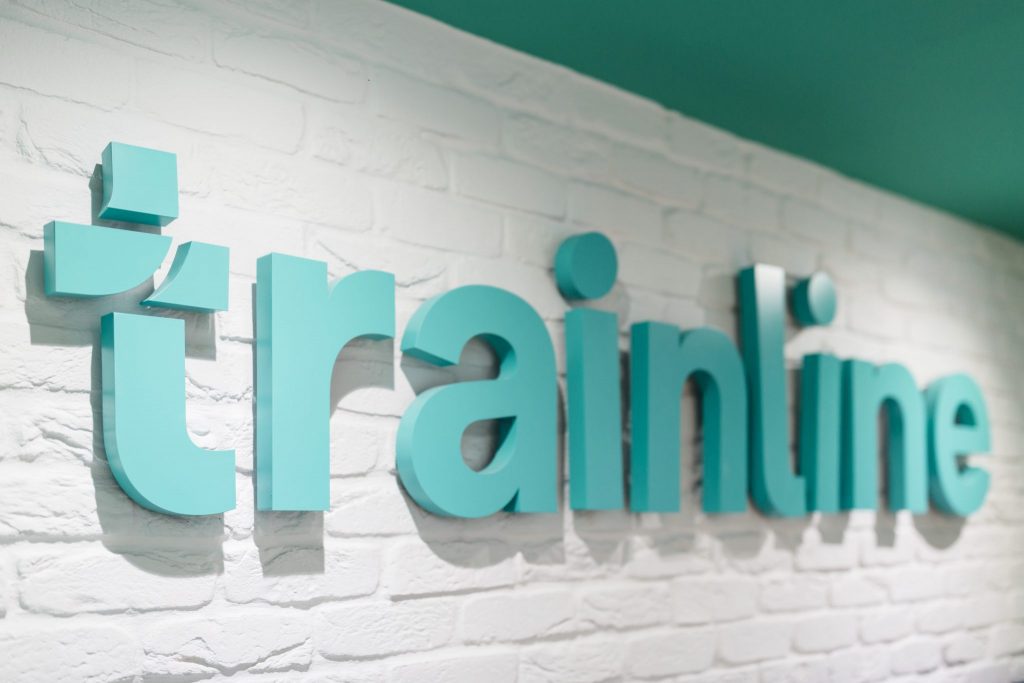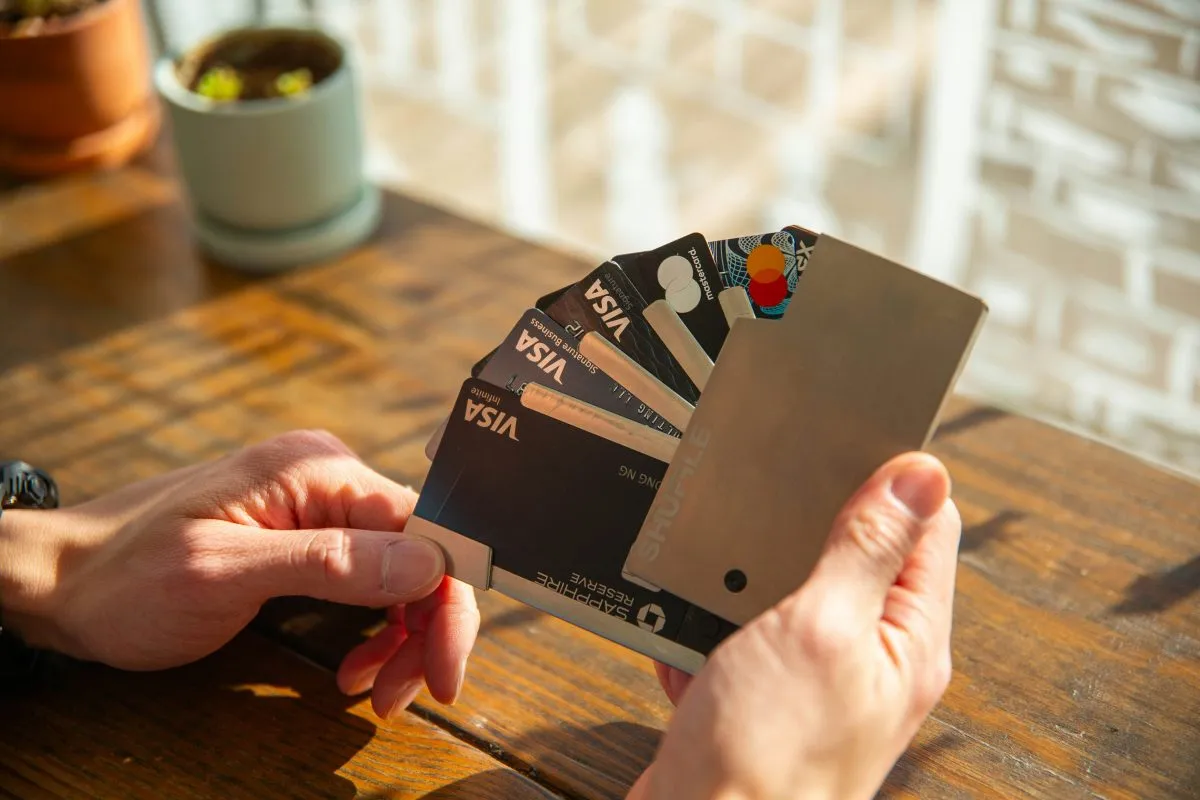Trainline Experiments With Hotels to Boost Revenue

Skift Take
Once upon a time, Trainline just sold rail tickets to UK consumers for one company — Richard Branson's Virgin Rail Group. Now, over two decades later, as with so many other technology firms, it wants to offer more things to more people.
So alongside moves into 44 other markets and the addition of long-distance coach bookings and travel insurance, the company is now testing hotel bookings.
It’s an interesting decision and sees Trainline, which went public earlier this year, moving firmly into the territory of the online travel agencies, albeit at a very limited level.
Asked about the monetization model for hotels on Trainline’s first-half earnings call with analysts on Tuesday, CEO Clare Gilmartin was fairly coy about the company’s plans.
“On any ancillary service, expect there to be some sort of commission or revenue share, and I’m being nonspecific there. Ultimately, the way we decide what to add in for customers is based on customers and what’s going to be convenient for them,” she said.
“Importantly, with our platform we have purposely built out a multi-carrier, multi-product technology platform, which means in theory we have the capacity to add in any new service over time, and we’ll be driven by customers in doing exactly that.”
A slide in the company’s first-half update showed a graphic of new revenue streams with “Other, e.g. hotels” labeled as in testing:

Going to the URL hotels.thetrainline.com takes you to a page headlined Trainline Powered By Booking.com. Separately, Trainline also sells London theatre breaks including tickets and accommodation with Encore Breaks and UK-based travel ancillaries company Holiday Extras.
Trainline’s IPO prospectus, dated June 21, also talked up future revenue streams.
“The group’s growth strategy includes the expansion of its product and service offerings, including its ancillary services such as travel insurance and hotel bookings, its multi-currency capabilities, and its selective advertising partnerships, which currently represent a small portion of the Trainline business,” it said.
International Expansion
Trainline is still heavily focused on the UK market where 66 percent of its revenue came from in the first half of its 2020 financial year. Its corporate offering, Trainline for Business, accounted for 23 percent, while International made up just 11 percent.
This split isn’t necessarily anything that the company is worried about. It estimates there is still plenty more money to be made even in the UK, where the penetration of etickets — something Trainline is keen to push — is still pretty low.
Outside of the UK, Trainline wants to build up its mostly European international business before it turns further afield.
“The combination of rail and coach in Europe is worth £60 billion ($77.7 billion) so it’s a huge market size to go after,” Gilmartin said.
Trainline estimates the global market to be worth around $250 billion (£193 billion), “So you should expect us over time to continue to explore and investigate markets outside of Europe,” she added.
First-Half Results
Trainline reported a substantial pre-tax loss of $112.7 million (£87.5 million) for the six months to the end of August, up 687 percent on the previous year. Much of that is down to costs associated with its IPO and an exceptional share-based payments charge of around $90.2 million (£70 million).
Stripping these out, the company’s operating profit would have been around $2.6 million (£2 million), an improvement of $15.5 million (£12 million) on last year’s equivalent numbers.
Revenue during the period rose 29 percent to $166 million (£129 million). Trainline makes its money from commission on coach and rail sales as well as from ancillary sales.




